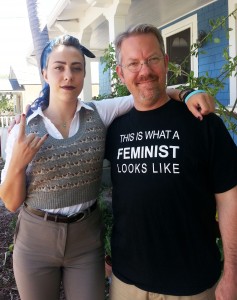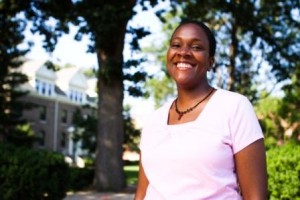 Jon Lemmond is Pastor for Congregational Life at Montecito Covenant Church, Santa Barbara, CA and an adjunct professor at Westmont College. Jon received a M.Div. from Fuller Theological Seminary and a Ph.D. in early modern European history from the University of California, Santa Barbara. His research focused on the issue of domestic abuse during the Protestant Reformation. He is married to Marianne Robins, a full-professor at Westmont College, and they parent four children: Jeremie, Emma, Jordan, and Lea.
Jon Lemmond is Pastor for Congregational Life at Montecito Covenant Church, Santa Barbara, CA and an adjunct professor at Westmont College. Jon received a M.Div. from Fuller Theological Seminary and a Ph.D. in early modern European history from the University of California, Santa Barbara. His research focused on the issue of domestic abuse during the Protestant Reformation. He is married to Marianne Robins, a full-professor at Westmont College, and they parent four children: Jeremie, Emma, Jordan, and Lea.
My daughter wasn’t surprised when I told her that I would be one of the bloggers for the Commission on Biblical Gender Equality. But, I was surprised at her response as we wound our way through Golden Gate Park in San Francisco one brisk morning: “That’s great, Dad,” she said. “But don’t try to liberate me.” What followed was a delightfully humbling conversation as my daughter carefully reminded me of what it means to be man participating in a conversation about women and gender. So the following remarks are my brief, initial thoughts as a response to her questions and insights. Specifically, what role should men play in such a discussion about gender, equality and empowerment?
1. Our first priority should be to listen.
That listening should be a priority is not always easy, particularly for many of us who want change quickly. I suspect that many of my male counterparts (myself included) feel like we clearly understand the problem of female (dis)empowerment and simply need to address it. Armed with our critical exegesis and theology, our well intentioned desires to see our congregations change, we often forget that we might have something to learn from our sisters for whom this is more than simply an intellectual or even vocational struggle. Our well intentioned privilege, in other words, can mask our own assumptions about strategies for change or our female colleagues’ experience amidst the struggle. Or even worse, our well-intentioned critique and activism might become disempowering. Do my female colleagues really need me to liberate them? I don’t think so and my daughter’s words remind me that I should be uncomfortable enough to want to ask and listen more. Jesus has something to say about this, “Then pay attention to how you listen; for to those who have, more will be given; and from those who do not have, even what they seem to have will be taken away.” (Luke 8:18). We must pay careful attention to our female colleagues and how we listen to them. When we do so we are more apt to come along side, or maybe even fade into a supportive role, as they seek to speak for themselves. In the end, isn’t that the point? Continue Reading »


